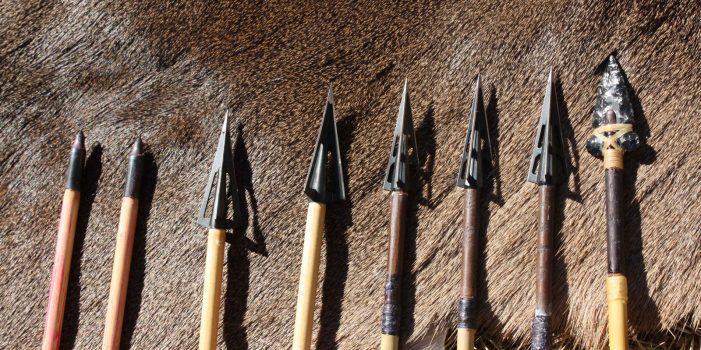Email a copy of 'What is Survival?- Part 1, by MuddyKid' to a friend
11 Comments
- Ad USA Berkey Water Filters - Start Drinking Purified Water Today!#1 Trusted Gravity Water Purification System! Start Drinking Purified Water now with a Berkey water filtration system. Find systems, replacement filters, parts and more here.
- Ad USA Berkey Water Filters - Start Drinking Purified Water Today!#1 Trusted Gravity Water Purification System! Start Drinking Purified Water now with a Berkey water filtration system. Find systems, replacement filters, parts and more here.


“In today’s world, it takes 30 minutes driving 30 miles an hour. So, we know the town is 30 miles away in which it will take us half an hour to get there.”
I used to be pretty good at word puzzles!
Seems to me I/2 an hours drive at 30 mph would equal 15 miles traveled.
Oops!
If you read the end of the paragraph he says the example is incorrect
Thanks for posting my article, James and Hugh.
A point I forgot to make when I briefly mentioned pioneer skills, I am referencing the Foxfire series of books. I rarely, if ever, recall seeing these books referenced in survival discussion. I find them to be a pretty awesome resource of information.
Correct Emptymag…You would have to drive 60 mph to drive 30 miles in 30 minutes.
jima and Emptymag you missed the point. The author states in the last line of that paragraph,
” And because it is legible, you also know that I am incorrect in my math. That is the point of legibility.”
He was using it as an example.
would love to see more info on Permaculture Approach bought several books but very confusing. Also how and what should I plant in south Florida thank like article interesting…look forward to future parts
@ Jim, permaculture can be confusing in the beginning because there is no shortage of information. To start, ask your self if you are interested in the garden or food forest?
If it is a garden, are you going to work with annuals or perennials or both? If annuals, learn how the plants produce their own seeds so you can be self sufficient. If you’re working with perennials, find which ones grow well in your area and taste good. Then, focus on what is called “guilds” so that you grow plants that feed your fruit bearing plant. Also, look in to cover crops during none growing seasons. A common misconception in traditional gardening is to weed all the time. However, if you have red clover as a cover crop, you can just weed out what is attempting to choke your fruit bearing plant, but leave the rest of the clover because it is a nitrogen fixer. Start small, figure out a little at a time and then expand as you become successful.
Part of legibility is the way we grow food. If we always grow food in a single section, in a single row, that is a ideal way for insects to take over your entire garden. Spread things out and work with guilds.
I would be very interested in a series of articles on peramculture
Is there anything particular you’re interested in? I am certainly not an expert, but I am design certified and practice permaculture on my property. I have also worked on several farms that practice permaculture.
Here are some great videos about what permaculture can do.
https://www.youtube.com/watch?v=2xcZS7arcgk
https://www.youtube.com/watch?v=01N-kBSdiZI
https://www.youtube.com/watch?v=Sso4UWObxXg
Keep in mind though, the more you are interested in producing, the more space you’re going to need. And, permaculture can get to a point that you’re really just becoming a landscaper rather than increasing production. It all depends on your approach. Permaculture is certainly interesting and a great way to produce food that is less labor intensive overtime (digging swales on contour certainly takes some muscle) than traditional farming/gardening.
Thanks I will check them out.
Space isn’t too much of an issue (after many years) we finally purchased our first ranch. 20 acres in Southwest Oregon. We didn’t have time to do much this year. We’ve got some plants in containers. But next year we hope to expand.
We are planning on putting in a bunch of fruit and nut trees (I’m thinking of adding some perlite or pumice to the clay soil to help with drainage). And then we were looking at doing a bunch of raised beds.
I like the idea of working with nature though instead of against it. And trying to do everything as natural as possible.
Good article. Enjoyed reading it. We use both gardening and some permaculture. Cuts my work load down. We also use a lot of herbals, i.e. red cover as a cover crop, also has medicinal uses. There are always ways to work with things. Completely agree with starting small and expanding as successes and experience grows. If you aren’t learning something every year, its a good indication you aren’t doing it right..lol Mother Nature is fickle and always changing.. Thanks again for the article, looking forward to more.